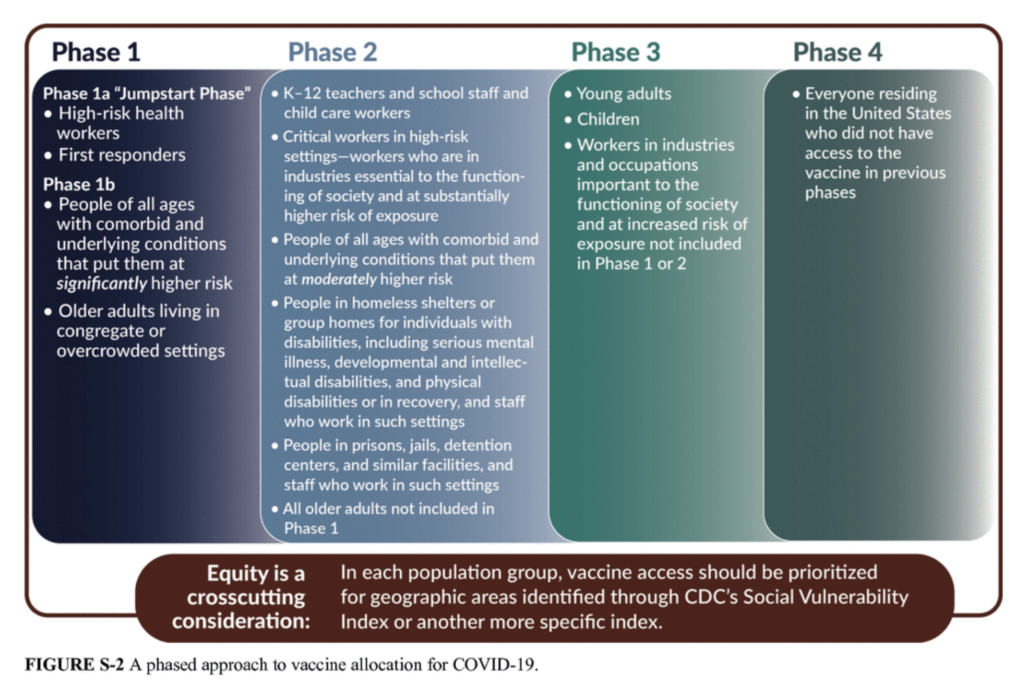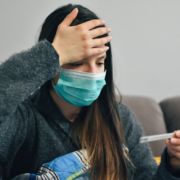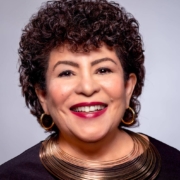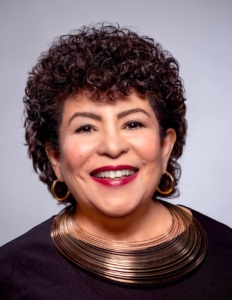NCL testified before FDA Vaccines and Related Biological Products Advisory Committee
Media contact: National Consumers League – Carol McKay, carolm@nclnet.org, (412) 945-3242 or Taun Sterling, tauns@nclnet.org, (202) 207-2832
Washington, DC – The National Consumers League (NCL) testified before the Vaccines and Related Biological Products Advisory Committee of the Food and Drug Administration (FDA). For over 120 years, NCL has advocated on behalf of consumers who depend on vaccines as lifesaving medical interventions. NCL extended its gratitude to the Vaccines and Related Biological Products Advisory Committee for all they do to protect public health and for the opportunity to speak before the Committee.
In its testimony, NCL highlighted the following priorities: the deployment of Emergency Use Authorizations; the safety and effectiveness of the vaccine; and the inclusion of diversity in clinical trials. These three concerns align directly with NCL’s efforts to enhance vaccine confidence and uptake, especially in the context of COVID-19.
Safety and Effectiveness:
NCL trusts that the FDA will release a vaccine only upon careful consideration of its safety and effectiveness. Post-market surveillance of the vaccine is imperative to determining the ongoing efficacy of the vaccine. Implementing the release of a vaccine on such a magnificent scale will involve precise coordination that traverses all levels of government and consumers will rely on public health agencies to communicate and respond to any potential adverse events regarding the COVID-19 vaccine.
Emergency Use Authorization (EUA):
There has never been a more critical time for consumers to have confidence in the Food and Drug Administration. The FDA is entrusted with ensuring the safety, efficacy, and security of the treatments needed to treat and prevent the spread of the virus.
Throughout the pandemic, consumers have received conflicting information from the Administration on various COVID-19 treatments. NCL is aware that developing a vaccine for COVID-19 is a time-sensitive priority, however, we are concerned that consumers may believe that the FDA is hastily approving investigational tests and drugs.
NCL appreciates that the FDA recognizes that EUA is not intended to replace randomized clinical trials and that clinical trials are critically important for the definitive demonstration of safety and efficacy of a treatment. Through our education and outreach of consumers, we support the FDA in its efforts to develop a safe, effective, and expedited pathway towards a COVID-19 vaccine.
Diversity in Clinical Trials:
Finally, to mitigate the disproportionate disease burden experienced by people of color during the pandemic, NCL requests that clinical trials for the COVID-19 vaccine are inclusive and consist of diverse subjects. People of color are significantly underrepresented in clinical trials and undertreated in medical settings. This phenomenon will prove to be a challenge when encouraging vaccine uptake. Ensuring adequate representation in clinical trials would foster vaccine confidence across all demographics.
In closing, to stem the tide of deaths from these vaccine-preventable diseases, NCL submits these comments for review by the Committee to ensure that consumers are afforded with safe and effective vaccines to combat the pandemic.
###
About the National Consumers League (NCL)
The National Consumers League, founded in 1899, is America’s pioneer consumer organization. Our mission is to protect and promote social and economic justice for consumers and workers in the United States and abroad. For more information, visit www.nclnet.org.








 Hispanic Heritage Month: Focus on the importance of participating in research through clinical trials
Hispanic Heritage Month: Focus on the importance of participating in research through clinical trials

 By NCL Executive Assistant Adrienne Archer
By NCL Executive Assistant Adrienne Archer












